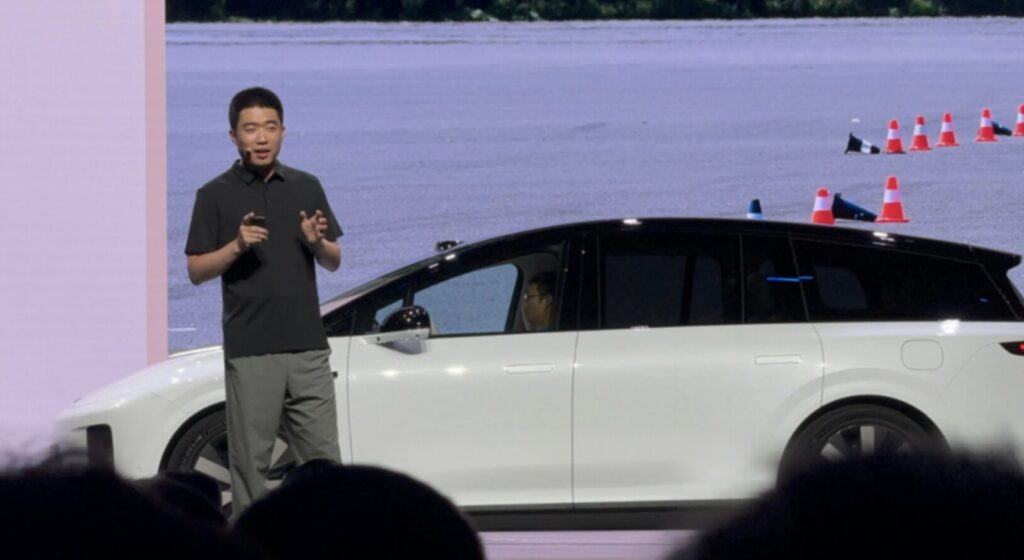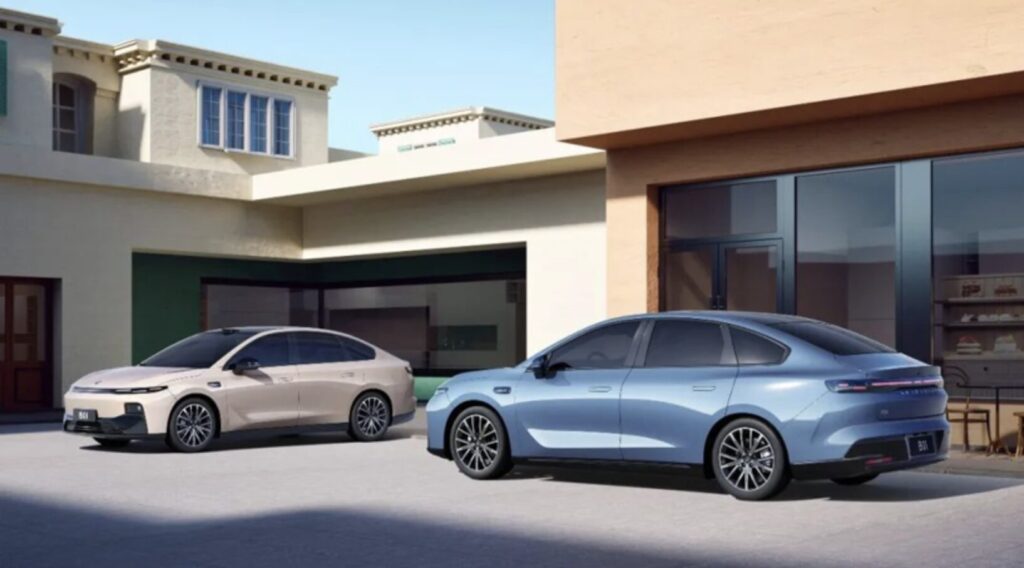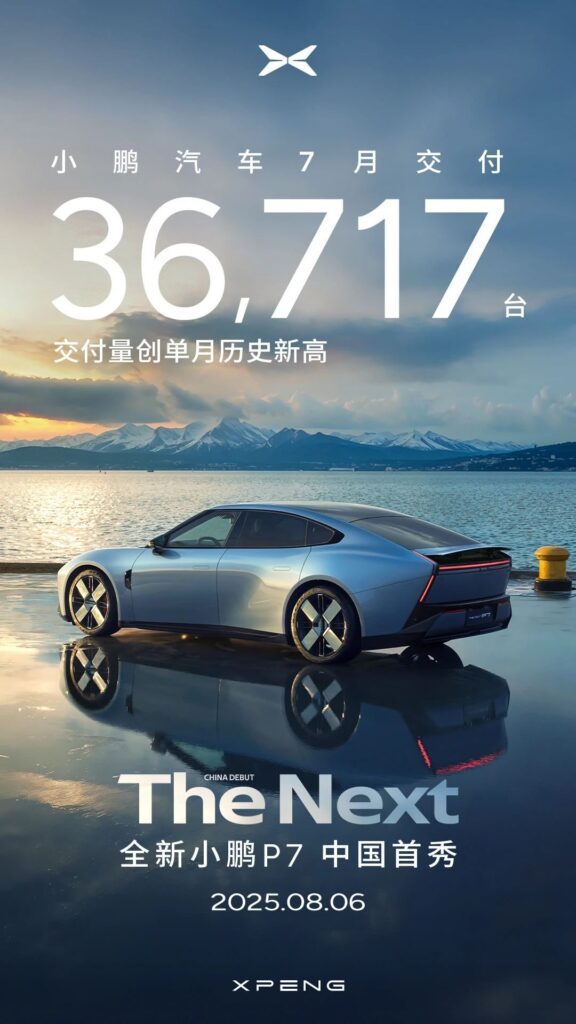Li Auto’s 40% Collapse vs. Leapmotor’s Shocking Rise: Is China’s EV ‘Game of Thrones’ a Warning for Tesla and VW?

The King is Dead: A Brutal EV Shake-up in China Sends a Stark Warning to the West
(Image: A graphic showing the Leapmotor logo ascending and the Li Auto logo descending)
In the ruthless arena of the global auto market, the king is dead. Long live the… king you’ve probably never heard of.
This isn’t a fantasy epic; it’s the shocking reality of China’s electric vehicle market in July 2025. Li Auto, once a stock market darling celebrated as a premier domestic challenger to Tesla, just witnessed its sales collapse in a staggering 40% year-over-year freefall. Taking its throne is Leapmotor, a brand focused on cost-effectiveness, which just became the first EV startup to smash the 50,000 monthly sales barrier.
As a market analyst based in China, I can tell you this is more than just a monthly sales report. It’s a seismic shift. The era of easy, subsidy-fueled growth is definitively over. This is the beginning of a brutal culling, and the lessons learned here will soon echo in the showrooms of Europe and the United States. For Western giants like Volkswagen, Stellantis, and even Tesla, this is not a distant drama—it’s a preview of the high-speed, cutthroat competition heading their way.
The New Order: How the Champions Are Winning
The winners in July weren’t just lucky; they had clear, defensible strategies.
- Leapmotor (50,129 units): The King of Value. With a stunning 127% YoY growth, Leapmotor proved that in a hyper-competitive market, relentless focus on value-for-money is a winning formula. They are no longer just a budget brand; they are the undisputed volume leader.

- HIMA – Huawei’s Alliance (47,752 units): The Ecosystem Play. While its core brand AITO saw a slight dip, the Huawei-led HIMA alliance remains a powerhouse. This demonstrates a crucial new rule in the EV game: the winner might not be a car company, but the tech giant that controls the car’s brain and ecosystem.
- XPeng (36,717 units): The Resurgent Competitor. With a jaw-dropping 229% YoY growth, XPeng has completed a remarkable comeback, proving that a clear focus on technology and steady execution can reverse a company’s fortunes.

The Fallen King: What Went Wrong for Li Auto?
Li Auto’s crisis is a cautionary tale for every automaker. Their unique selling proposition—the “refrigerator, TV, and sofa” concept that turned the car into a family living room—was a stroke of genius. But in China’s fast-moving market, genius ideas have a short shelf life.
Competitors quickly copied their formula, eroding their competitive edge. With their “moat” gone, they were left exposed. The market’s brutal response to their new i8 model, which saw their stock price plummet, shows that without a truly unique advantage, even a former champion can be swiftly dethroned.
The Battlefield for Global Automakers
Why should a CEO in Wolfsburg or Detroit care? Because this is the new paradigm.
- The Expiration Date of Innovation: Li Auto’s fate shows that a single successful gimmick is not a long-term strategy. Chinese competitors can replicate features at lightning speed. Western brands relying on a few key selling points could find themselves similarly exposed.
- The Power of Tech Ecosystems: Huawei’s success with AITO is perhaps the most significant long-term threat. As cars become “smart devices on wheels,” companies that own the operating system, the connectivity, and the in-car experience hold immense power. This is a battle that traditional carmakers are not yet fully equipped to fight.
- The Ever-Present Disruptor: And then there’s Xiaomi. Selling over 30,000 cars a month with a massive backlog of orders, their only constraint is production capacity. They are the ultimate predator, putting immense pressure on mid-tier brands and demonstrating how a consumer tech giant can rewrite the rules of the auto industry.
The brutal shake-up of July 2025 is a clear signal: the Chinese EV market has transitioned from a gold rush to a “Game of Thrones.” The winners will not be those who simply grow, but those who can define and defend a unique identity. For global players, the time to study this new battlefield is now—before the war arrives on their own shores.
Deeper Dive: For a More In-Depth Understanding
For those who wish to gain deeper insights into the topics discussed today, here are my personal recommendations.
1. Chip War: The Fight for the World’s Most Critical Technology
- Why I Recommend It: This award-winning book is the definitive guide to the global battle over semiconductors—the ‘brain’ of every modern car. It masterfully explains the geopolitical tensions that dictate why companies like Huawei are pushing for tech self-sufficiency and how the entire EV competition is, at its core, a war over critical technology.
- 👉 [Buy Book Here]
This post may contain affiliate links, meaning I may receive a small commission if you make a purchase, at no extra cost to you.